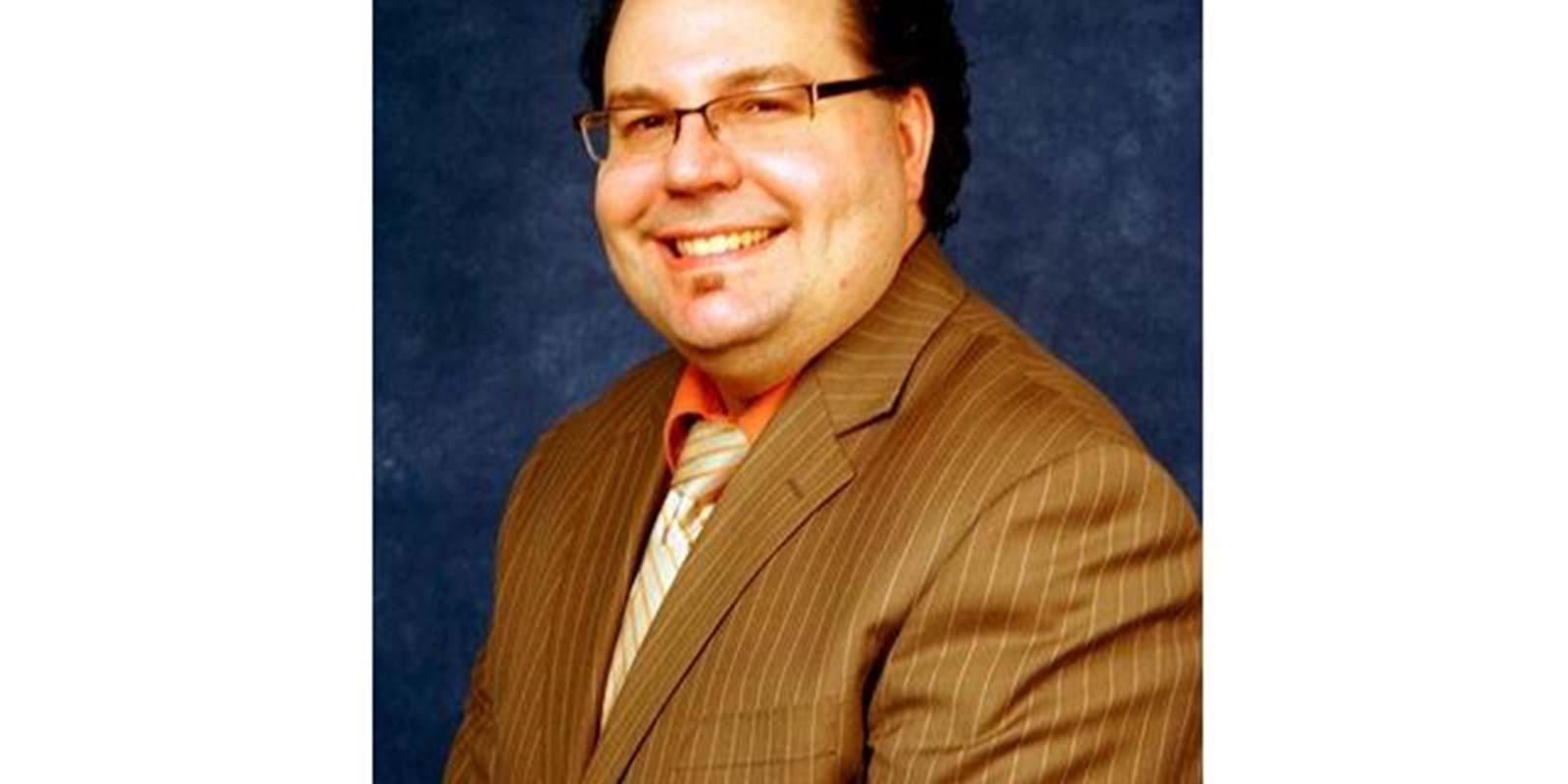Although each co-owner must pay his contribution to the common costs, and cannot ignore the existence of these, the informed and pro-active Board of Directors, will have to take measures in order to sensitize the co-owners about these and to explain the possible consequences of the non-payment of the common costs. Here are the means available to the syndicate with regard to the non-payers.
The deprivation of the voting rights
Any co-owner who, for more than three months, has not discharged his quota of the common costs or his contribution to the contingency funds, loses his voting rights in the general assembly of the co- owners.
The small-claims court
The syndicate of co-ownership can institute a request before the Small Claims Division of the Court of Quebec against the co-owner who neglects or refuses to discharge his quota of the common costs or his contribution to the contingency funds. The request of the syndicate can relate only to the sums due on the date when the request is deposited at the Court and cannot apply to the sums becoming payable between this date and the dates of the hearing and the possible judgment. The monetary jurisdiction of this division of the Court of Quebec is limited to $ 7000.00.
The legal mortgage
The syndicate of co-ownership can also register a legal mortgage on the fraction of a co-owner who refuses or neglects to discharge his quota of the common costs or his contribution to the contingency funds for a period of more than thirty days. The legal mortgage of the syndicate burdens the fraction of the co-owner at fault, during more than thirty days, to pay his quota of the common costs or his contribution to the contingency funds; it is acquired from the time of the registration of a notice in the land Register of Quebec, indicating the nature of the complaint, the amount due on the day of the registration of the notice, the amount planned for the charges and the credit of the financial year in progress and of those of the two years which follow.
The registration remains valid for a period of three years beginning on the date of its registration and for this period, if the co-owner persists in his refusal to discharge his contribution to the charges, the syndicate will be able to decide to publish a notice of exercise (announcing its intention, in the majority of the cases, to ask from the Court the right to sell the fraction by order of the Court and to ask for the renunciation by the co-owner), or to deposit an action at law with the Court to ask that the co-owner be condemned to pay the sums due to the syndicate.
It concerns here a not very pleasant imposition for the co-owner who is failing to pay, not to speak about the possible harmful effects for his credit file, because his mortgage creditor will be automatically alerted about the registration of the legal mortgage by the Land Register of Quebec.
The person who acquires a fraction of divided co-ownership becomes now responsible for the payment of the unpaid common costs by the preceding co-owner. Article 1069 of the Civil code of Quebec states it clearly: “A person who acquires a fraction of divided co-ownership, by whatever means, including the exercise of a hypothecary right, is bound to pay all common expenses due in respect of that fraction at the time of the acquisition.” On the other hand, and such as allowed by the law, the purchaser would have been informed beforehand via his notary, if there are charges due to the syndicate by the salesman. The notary will deduce these sums from the product of the sale to be paid to the salesman at the time of the signing of the deed.
We invite you to consult our team of lawyers specialized in real-estate law for any question relating to co-ownerships.

